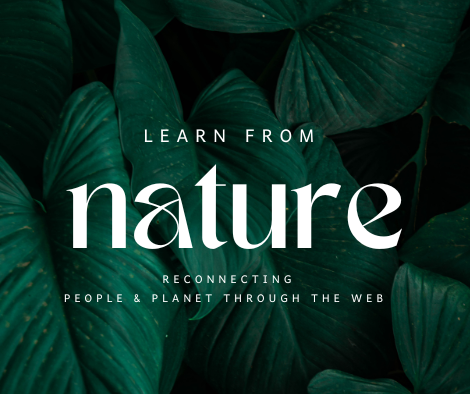Animals are exciting because they move, come with a sense of danger ( some can eat you etc ) , some make great pets, and so on. Plants are, well, not as exciting? even boring? Certainly overlooked.
Question: What was last animal you saw? Can you remember its colour, size and shape? Could you ID it? What about the last plant?
I can already hear howls of protest from botanists and plant lovers everywhere, but my point is this – wildlife used to mean ‘wild animals’ , plants being off somewhere to the side.
’Plant blindness’
Plant conservation initiatives lag behind and receive considerably less funding than animal conservation projects. We explored a potential reason for this bias: a tendency among humans to neither notice nor value plants in the environment. … We argue that plant blindness is common, but not inevitable – see full article
Why are plants important? Seems, if you are asking this question, you missed ‘Life on Earth 101” ….. as we all depend on plants, arguably more than animals.
Benefits of plants
Plants are really important for the planet and for all living things.
Plants absorb carbon dioxide and release oxygen from their leaves, which humans and other animals need to breathe.
Living things need plants to live – they eat them and live in them.
Plants help to clean water too.
It noted by several researchers, that Plant conservation initiatives lag behind and receive considerably less funding than animal conservation projects. We explored a potential reason for this bias: a tendency among humans to neither notice nor value plants in the environment. … We argue that plant blindness is common, but not inevitable.
A wide variety of plant species are threatened by illegal wildlife trade (IWT), and yet plants receive scant attention in IWT policy and research, a matter of pressing global concern. This review examines how “plant blindness” manifests within policy and research on IWT, with serious and detrimental effects for biodiversity conservation. We suggest several key points: (a) perhaps with the exception of the illegal timber market, plants are overlooked in IWT policy and research; (b) there is insufficient attention from funding agencies to the presence and persistence of illegal trade in plants; and (c) these absences are at least in part resultant from plant blindness as codified in governmental laws defining the meaning of “wildlife.”
( source- https://nph.onlinelibrary.wiley.com )
This from CITES ( International Trade in species ) “Historically, people have collected plants and used them for treating and preventing various symptoms and diseases. To this day, people in East Asian countries use medicinal plants for traditional health care treatments. The World Health Organization (WHO) has acknowledged the importance of traditional medicines
Approximately 60,000 plant species are harvested mainly for medicinal usage in the world. These This from harvested medicinal plants are not only a major source for traditional medicine, but are also used as an important raw material for modern medicine, perfume, cosmetic products, etc. Demand for and trade in these medicinal plants have been increasing. The global reported trade in plants for medicinal purposes alone(customs code HS1211, a subset of the custom codes analysed in the International Trade Centre study)was valued at over USD 3.4 billion in 2014 (United Nations 2016). Most of these precious plants resources, however, are harvested in the wild and easily traded across borders outside of CITES regulation. Many medicinal plant species are threatened with extinction through overharvesting, habitat loss, climate change, and illegal international trade. Sustainable harvest and legal trade are thus key to ensure the sustainable use of medicinal plants.”
( https://cites.org/eng/prog/medplants )

